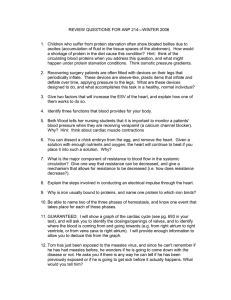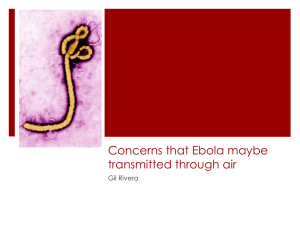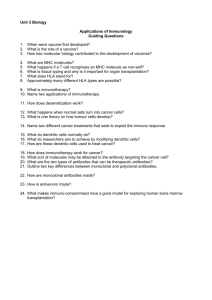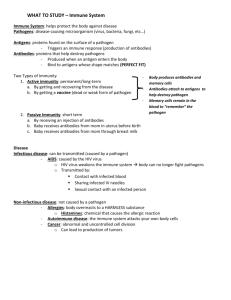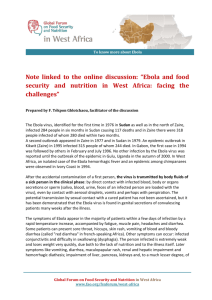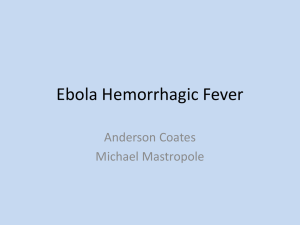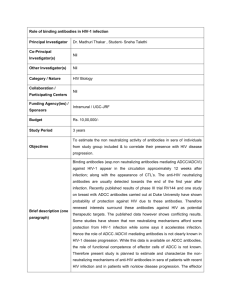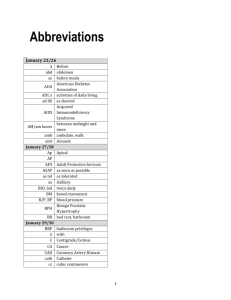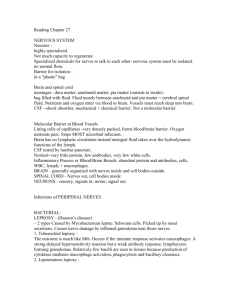- IF
advertisement
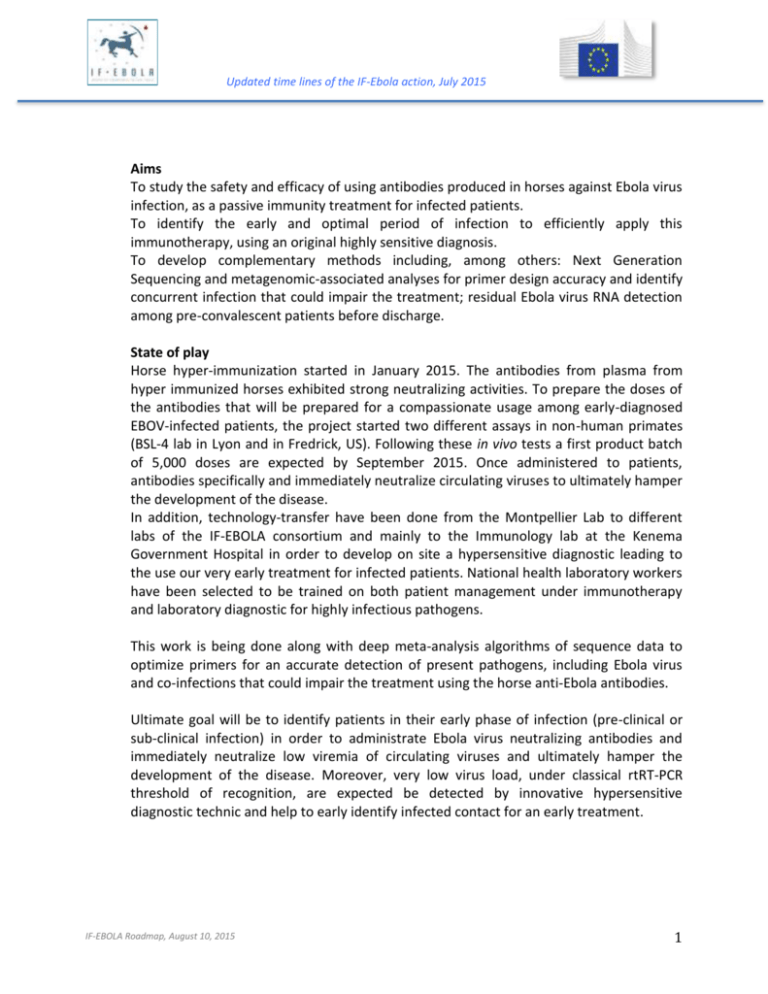
Updated time lines of the IF-Ebola action, July 2015 Aims To study the safety and efficacy of using antibodies produced in horses against Ebola virus infection, as a passive immunity treatment for infected patients. To identify the early and optimal period of infection to efficiently apply this immunotherapy, using an original highly sensitive diagnosis. To develop complementary methods including, among others: Next Generation Sequencing and metagenomic-associated analyses for primer design accuracy and identify concurrent infection that could impair the treatment; residual Ebola virus RNA detection among pre-convalescent patients before discharge. State of play Horse hyper-immunization started in January 2015. The antibodies from plasma from hyper immunized horses exhibited strong neutralizing activities. To prepare the doses of the antibodies that will be prepared for a compassionate usage among early-diagnosed EBOV-infected patients, the project started two different assays in non-human primates (BSL-4 lab in Lyon and in Fredrick, US). Following these in vivo tests a first product batch of 5,000 doses are expected by September 2015. Once administered to patients, antibodies specifically and immediately neutralize circulating viruses to ultimately hamper the development of the disease. In addition, technology-transfer have been done from the Montpellier Lab to different labs of the IF-EBOLA consortium and mainly to the Immunology lab at the Kenema Government Hospital in order to develop on site a hypersensitive diagnostic leading to the use our very early treatment for infected patients. National health laboratory workers have been selected to be trained on both patient management under immunotherapy and laboratory diagnostic for highly infectious pathogens. This work is being done along with deep meta-analysis algorithms of sequence data to optimize primers for an accurate detection of present pathogens, including Ebola virus and co-infections that could impair the treatment using the horse anti-Ebola antibodies. Ultimate goal will be to identify patients in their early phase of infection (pre-clinical or sub-clinical infection) in order to administrate Ebola virus neutralizing antibodies and immediately neutralize low viremia of circulating viruses and ultimately hamper the development of the disease. Moreover, very low virus load, under classical rtRT-PCR threshold of recognition, are expected be detected by innovative hypersensitive diagnostic technic and help to early identify infected contact for an early treatment. IF-EBOLA Roadmap, August 10, 2015 1
